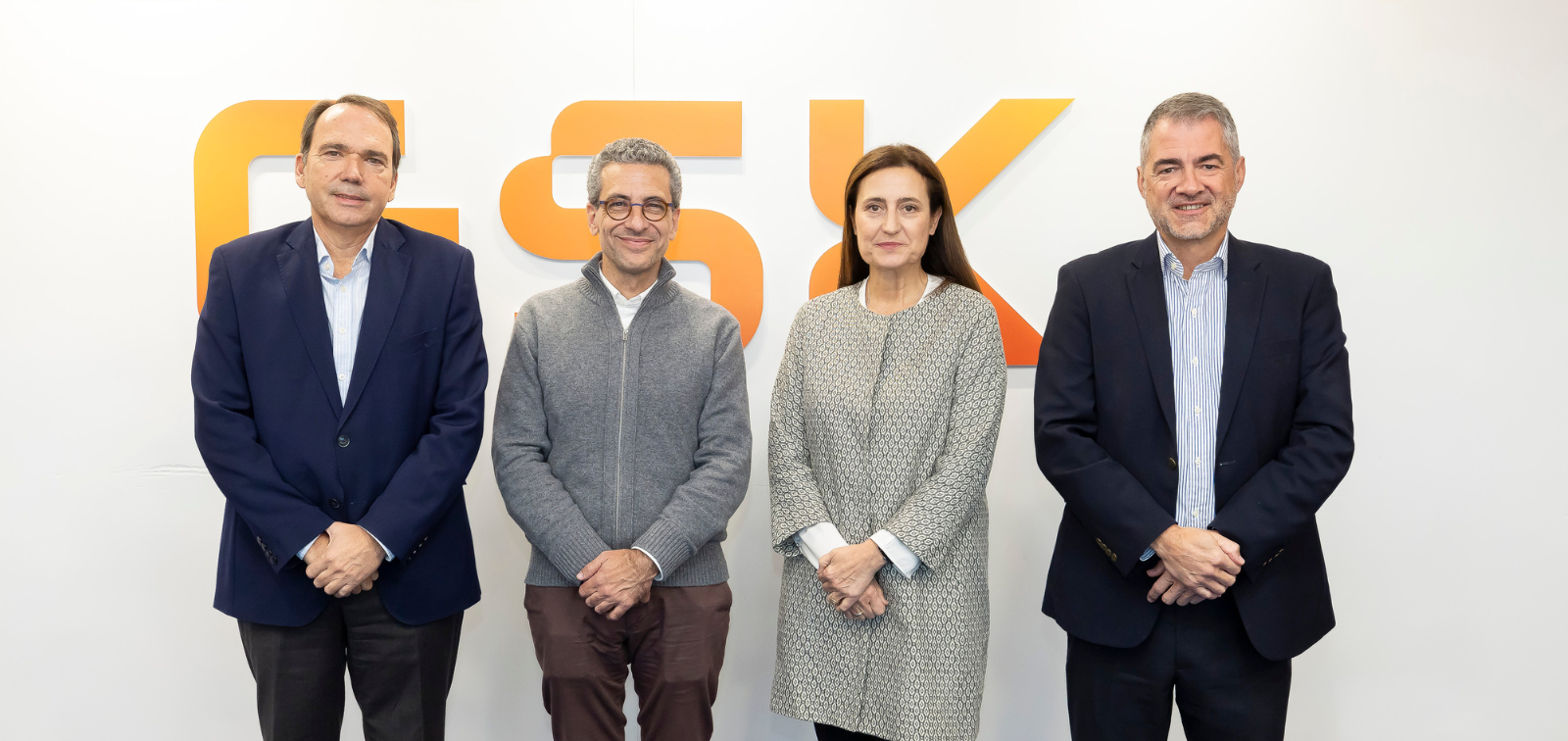GSK and ISGlobal Sign Framework Agreement to Advance Global Health Research
The agreement establishes a framework for cooperation in scientific areas of mutual interest, such as infectious diseases, antimicrobial resistance, and the impact of climate change on health
24.11.2025
The biopharmaceutical company GSK and the Barcelona Institute for Global Health (ISGlobal), a centre supported by the “la Caixa” Foundation, have signed a framework collaboration agreement with the aim of strengthening their joint efforts in research and development in global health. This agreement reinforces the commitment of both organisations to continue improving the health of the most vulnerable populations worldwide at a key moment for global health on the public agenda, both in Spain and internationally.
The agreement establishes a cooperation framework in scientific and technical areas of mutual interest, such as infectious diseases, antimicrobial resistance, or the impact of climate change on health. It also includes the identification of opportunities to develop joint research projects at both national and international levels, as well as the organisation of joint activities aimed at highlighting the importance of research and development in global health in Spain. The agreement also promotes alliances to establish long-term relationships with scientific and institutional projects.
On the occasion of the signing, Quique Bassat, Director General of ISGlobal, visited GSK’s headquarters in Tres Cantos, where he had the opportunity to tour the company’s Global Health R&D Centre, an international leader with more than 30 years of experience researching solutions for high-incidence diseases such as malaria and tuberculosis, which disproportionately affect the most vulnerable populations.
"Collaboration between scientific institutions and actors in the biopharmaceutical sector is essential to accelerate the generation of knowledge and the development of solutions that address the most urgent challenges in global health,” Bassat stated. “This agreement will allow us to move forward more solidly and contribute tangibly to improving the health of the most vulnerable populations."
Cristina Henríquez de Luna, President of GSK Spain, noted that "this agreement represents a unique opportunity to strengthen scientific and institutional collaboration, placing global health at the centre of the social agenda in our country and promoting its recognition as a strategic asset for Spain. Doing so alongside an institution with the leadership and prestige of ISGlobal is a source of pride for GSK."
The GSK R&D Centre in Tres Cantos includes, among other facilities, several BSL-3 high-containment biosafety laboratories where work is carried out with biological agents capable of causing serious and potentially fatal infections, but for which effective treatments or prevention methods currently exist. These facilities will soon be complemented by a new maximum-biosafety laboratory (BSL-4, Biosafety Level 4), the first of its kind in Spain, which will enable research, under the highest biosafety conditions, into pathogens capable of causing severe diseases for which no effective treatments or prevention methods exist, such as multidrug-resistant tuberculosis.
GSK conducts research in areas such as infectious diseases, immunology, respiratory diseases and onco-haematology, positioning global health as one of its strategic fields. This leadership has been made possible thanks to milestones such as the first malaria vaccine recommended by the World Health Organization (WHO), a single-dose compound for the radical cure of Plasmodium vivax malaria, and collaborations in international consortia to accelerate the development of antibiotics against tuberculosis.



